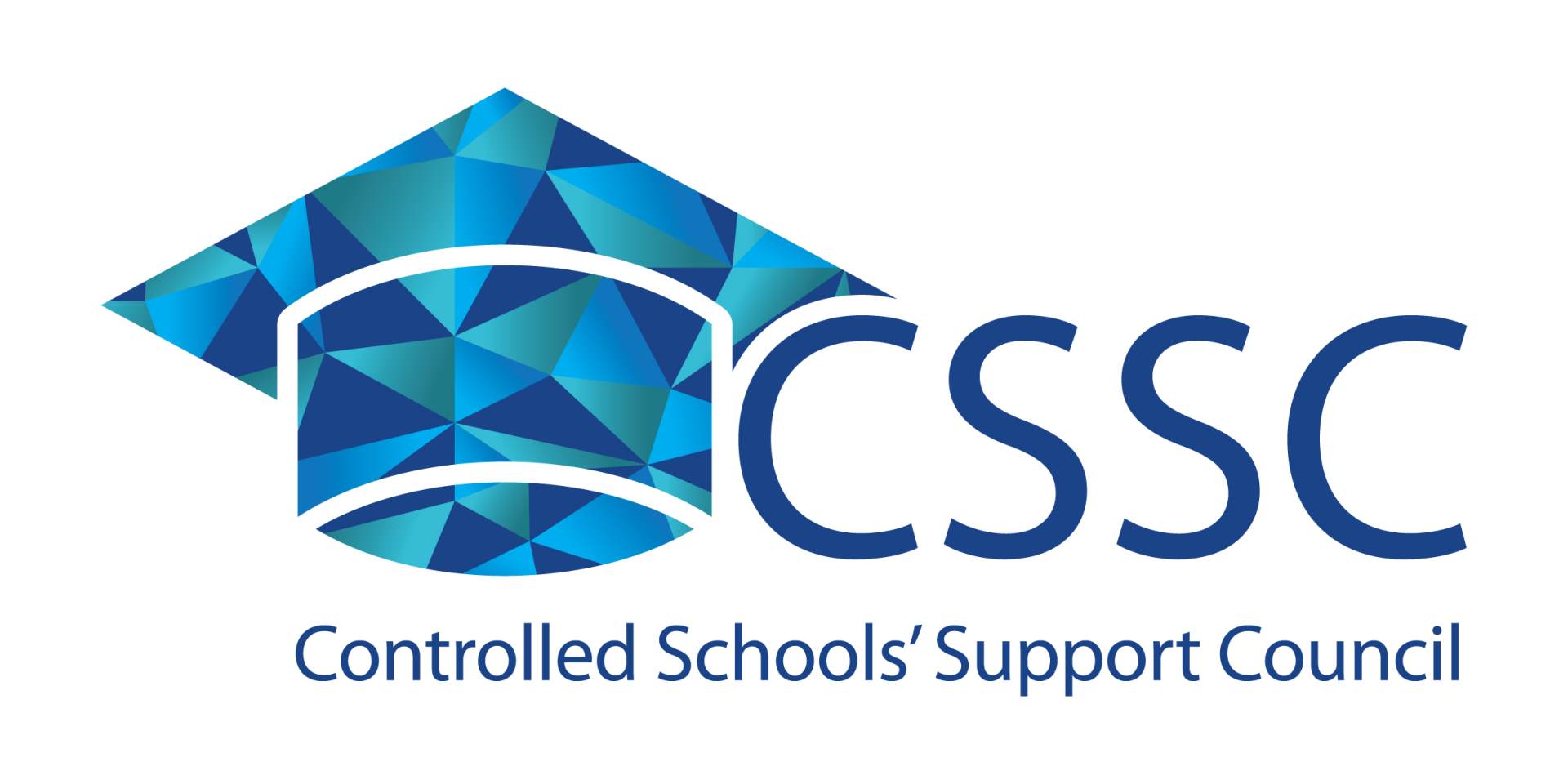Health & Social Care
Staff
Subject Coordinator Ms E. Hughes
Teacher Mrs S. Campuzano
Teacher Mrs U. Lavery (SRC)
Teacher Mrs K. Harney (SRC)
Curriculum
GCSE
The BTEC Level 2 Health and Social Care is being offered to pupils starting Year 11 in September 2021. It will be offered as a class in Lurgan College and taught by a tutor from the Southern Regional College. A Level 2 BTEC Award is the equivalent of a GCSE qualification.
There are four components which will be studied:
Unit 1: Human Lifespan Development
In this unit, you will gain an understanding of lifespan development, which is essential when working in health and social care, as you will be able to appreciate the care needs of individuals at different life stages. This understanding is required for a wide range of health and social care roles including nursing, social work, occupational therapy, physiotherapy and dieticians.
This component is externally assessed (examination).
Unit 2: Health and Social Care Values
Health and social care values underpin good practice within the sector. These care values apply to all areas of health and social care work. In this unit you will gain an understanding of how these care values are applied in health and social care settings, and their importance to work in the sector.
This component is assessed internally (coursework).
Unit 3 - Effective Communication in Health and Social Care
When working in health and social care you will meet people who look and sound different from you, and who have backgrounds completely different from yours. This unit will give you the chance to explore some of the diverse needs of service users that you might come across when working in the health and social care sector.
This unit is assessed internally (coursework)
Unit 7: Equality, Diversity and Rights in Health and Social Care
When working in health and social care you will meet people who have backgrounds completely different from yours. This unit will give you the chance to explore some of the diverse needs of service users that you might come across when working in the health and social care sector.
This unit is assessed internally (coursework)
The BTEC qualification is graded using Pass, Merit, Distinction and Distinction*. These roughly equate to Grades C to A* at GCSE. Lurgan College will recognise the qualification when considering pupils for entry A Level study.
AS/A2
CCEA A level Health and Social Care is offered to students as a direct entry subject in Year 13 and does not require the student to have completed a GCSE in the subject. This subject is valuable preparation for those interested in careers in the health sector, health education and promotion, counselling, social and community work, early years, child development and nursing among others. Students will undertake a three-unit course leading to the AS Single Award in Year 13 and can continue on to complete a further three units in Year 14 leading to the full Advanced GCE Award.
AS Health and Social Care
Unit AS 1: Promoting Quality Care
This unit gives students the opportunity to examine how legislation impacts on the rights and responsibilities of clients and carers. It focuses on how practices within one health, social care or early years setting promotes the positive care of clients and how staff in the chosen setting apply care values. Students will learn about: values of care, legislation that promotes quality care, health and safety applied to their chosen setting, policies and their effectiveness in promoting quality care as well as researching the impact of poor practice in a setting.
Assessment involves a written report on chosen setting. (25% of AS award) (10% of A Level)
Unit AS 2: Communication in Health Social Care and Early Years Settings
This unit gives students the opportunity to learn and practise communication skills. They observe communication skills in a care setting and carry out one interaction.
Students will learn about: communication in health, social care and early years settings, types of communication, factors supporting effective communication, barriers to communication and communication difficulties and strategies for overcoming these and the importance of communication when working in teams. Students will also carry out a practical in their chosen setting in which they will practise and evaluate their own communication skills. Assessment involves a written report based on observations in a care setting. (25% of AS award) (10% of A Level)
Unit AS 3: Health and Well-being
This unit gives the students the opportunity to learn about health and well-being and the factors which affect it. Students will learn about: concepts related to health and well-being, factors affecting health and well-being, health promotion and the approaches used, organisations which contribute to the promotion of health and well-being, and discrimination and anti-discriminatory practice in a variety of care settings. Unit Three will be assessed by a two-hour external examination set and marked by CCEA. (50% of AS award) (20% of A Level)
Unit 1 and 2 are assessed internally and moderated by CCEA and are each worth 25% of the final AS award (10% of A level). Unit 3, the exam unit is worth 50% of the final AS award (20% of A level)
A2 Level
Students will study Unit A2 3 Providing Services which is a compulsory unit and two others selected by the School. Assessment of Unit A2 3 is based on a 2-hour examination based on pre-release material which is made available 8 weeks prior to the exam. The two other units are:-
Unit A2 Applied Research and Unit A2 5 Supporting the Family.
Unit A2 3: Providing Services
This unit provides an overview of service provision in health, social care and early years.
Students will learn about:
• the effects of legislation and policy on service provision;
• meeting individual needs and identifying barriers to accessing services;
• the differing roles and responsibilities of practitioners;
• working effectively within teams;
• individual and organisational responsibilities for assuring quality in service provision.
The examination will be based on pre-release material which will be provided 8 weeks prior to the examination date and will focus on one client group. Legislation for this client group will be specified in the pre-release material.
This Unit is a synoptic unit and will be informed by elements from all the other units studied by the students. It will be assessed externally by a 2 hour written examination. (30% of A level)
Unit A2 1: Applied Research
In this unit, students investigate a health, social care or early years topic in depth by carrying out individual research. Students conduct primary and secondary research on the selected topic, present their findings and evaluate both their findings and the research process in a written research report.
Students learn about the research process, including developing research objectives and a hypothesis; using primary and secondary methods of research; the importance of ethical practice in research; and analysing, evaluating and presenting research findings.
This unit is internally assessed and moderated by CCEA. (15% of A level)
Unit A2 5 - Supporting the Family
This unit gives students the opportunity to investigate the functions of the family and to explore how family structures have changed. They will research the wide range of services available to families and the support that they offer. They will produce a case study which describes their findings. They will also investigate and produce a report on how statutory services and voluntary organisations support families with significant issues.
To complete this unit successfully they will need to carry out extensive research using a wide range of sources and their findings should be supported by statistics.
This unit is assessed internally and moderated by CCEA. (15% of A level)
Careers
About 3 million people work in health and social care. Health care roles include doctors, pharmacists, nurses, midwives and healthcare assistants, while social care roles include care assistants, occupational therapists, counsellors and administrators. Together, they account for nearly one in ten of all paid jobs in the UK. Demand for both health and social care is likely to rise, so they will continue to play a key role in UK society and the demand for people to carry out these vital roles will increase.



Close
Social Media